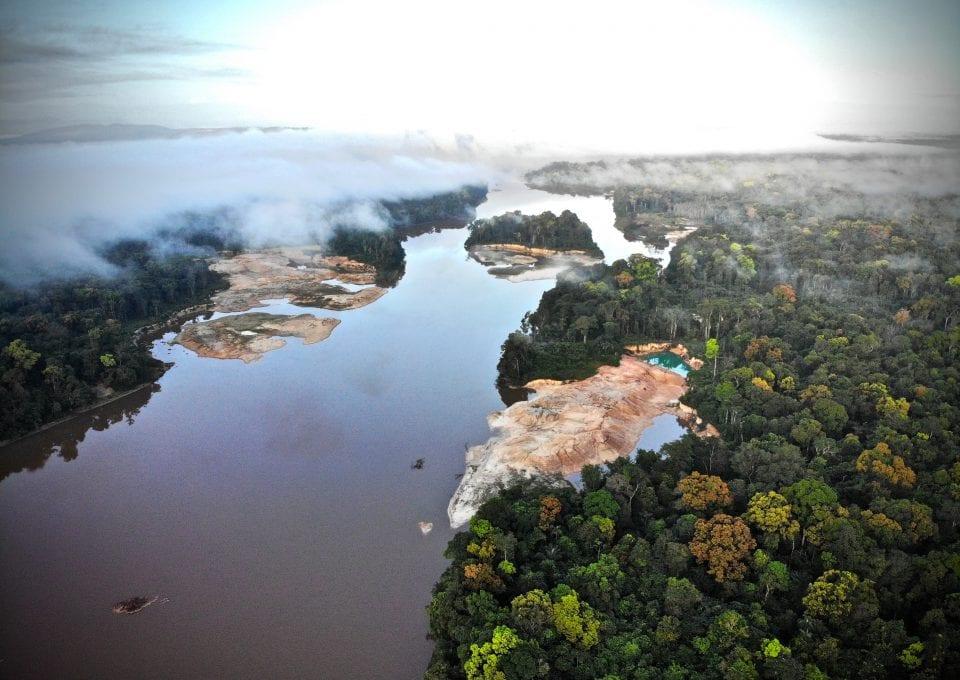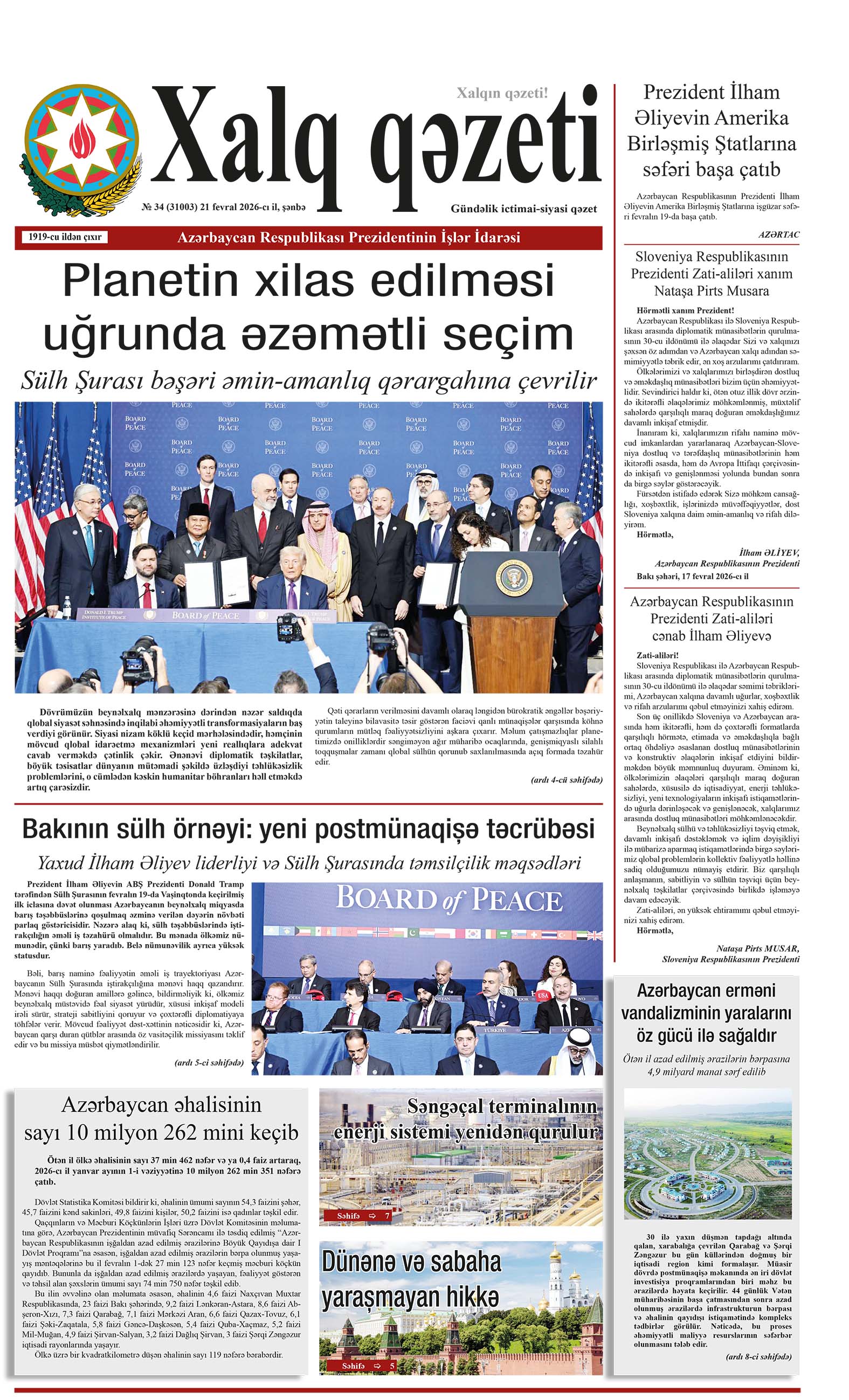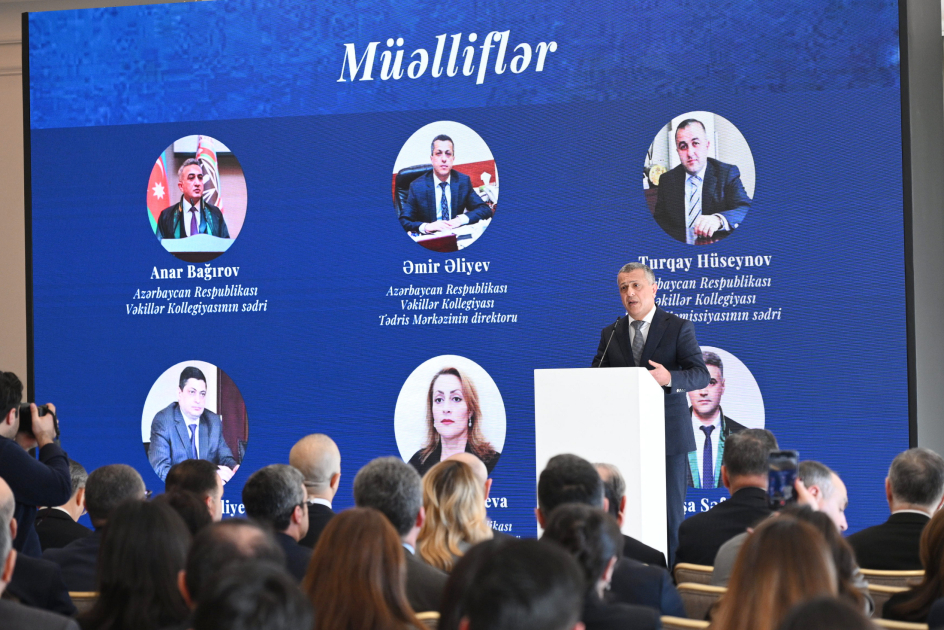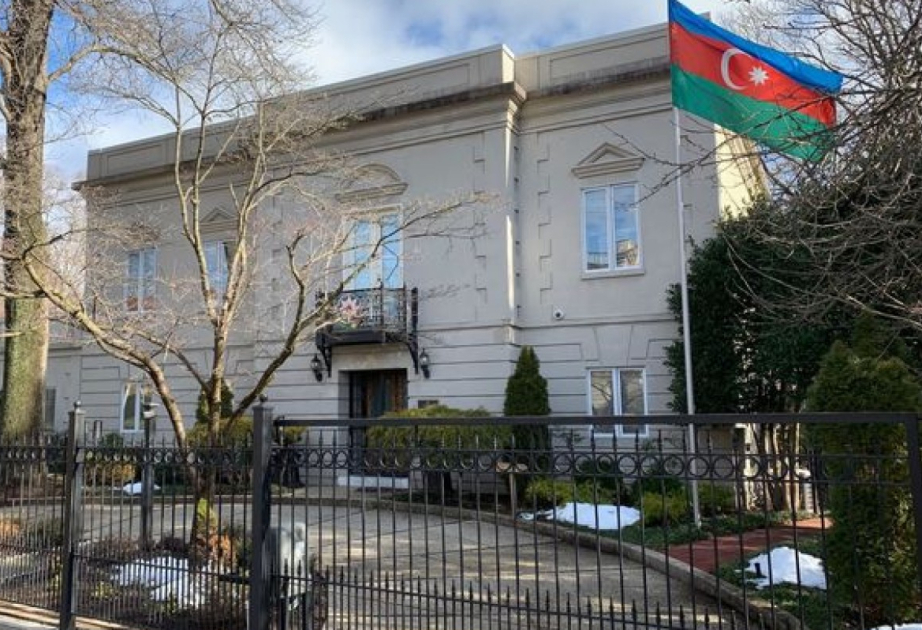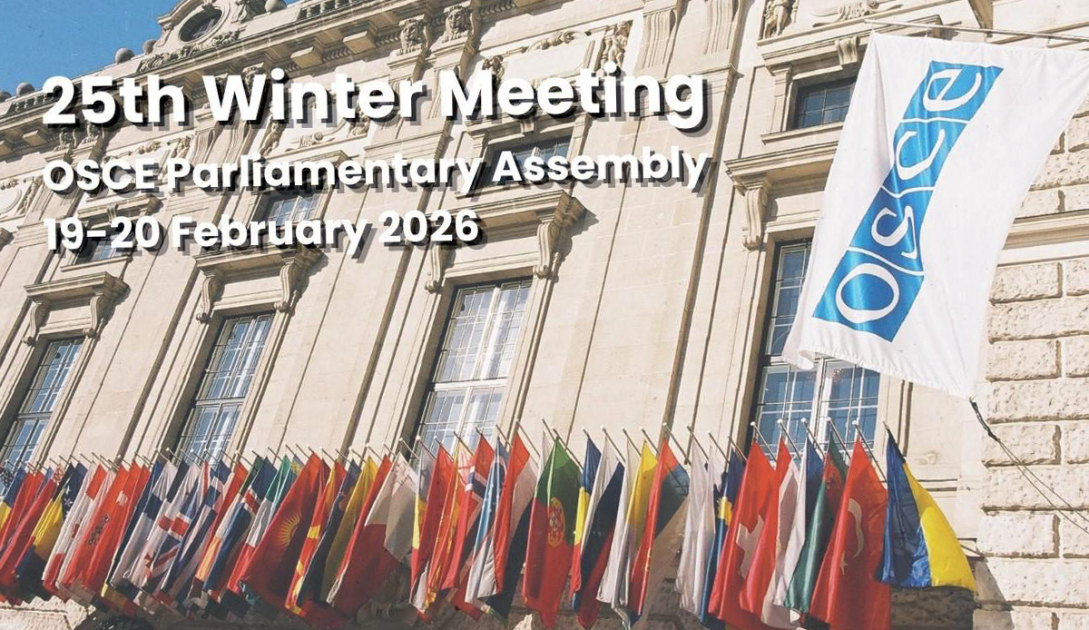Venezuela's President Nicolas Maduro proposed at a government meeting that a bill be sent to the National Assembly for the creation of a "Guyana Esequiba" province in the region Guyana has administered for over a century, Report informs via France 24.
He also said oil, gas and mining licenses must be issued immediately.
Venezuela held a controversial non-binding referendum on the region's fate Sunday that yielded an overwhelming 95-percent "yes" vote for Caracas' designs on Essequibo, or Esequiba as it is known in Venezuela.
Maduro gave an ultimatum to oil companies working under concessions given by Guyana to withdraw their operations within three months.
He also said a town bordering the disputed area, Tumeremo, would become headquarters of Venezuelan efforts to defend its interests there, saying authorities would conduct a census and begin issuing identity cards without giving details of how that would occur.
Earlier Tuesday, Guyana said it would approach the UN Security Council for help if Venezuela makes any moves following the referendum, which Guyana had sought to stop with an urgent application to the International Court of Justice (ICJ) in The Hague.
Guyana's Attorney General Anil Nandlall told AFP "any action or any attempt to take any action pursuant to the referendum will necessitate a resort to the UN Security Council as an injured party."
He said Guyana would invoke Articles 41 and 42 of the UN Charter which can authorize sanctions or military action to maintain or restore international peace and security.
"In terms of military, it (the UNSC) can authorize the use of armed forces by member states to assist in the enforcement" of ICJ orders, Nandlall said.
Guyana has administered Essequibo for over a century. The region makes up more than two-thirds of its territory and is home to 125,000 of Guyana's 800,000 citizens.
Guyana, a former British and Dutch colony, insists the frontiers were determined by an arbitration panel in 1899.
But Venezuela -- which does not accept the ICJ's jurisdiction in the matter -- claims the Essequibo River to the region's east forms a natural border and had historically been recognized as such.
The dispute has intensified since ExxonMobil discovered oil in Essequibo in 2015.


